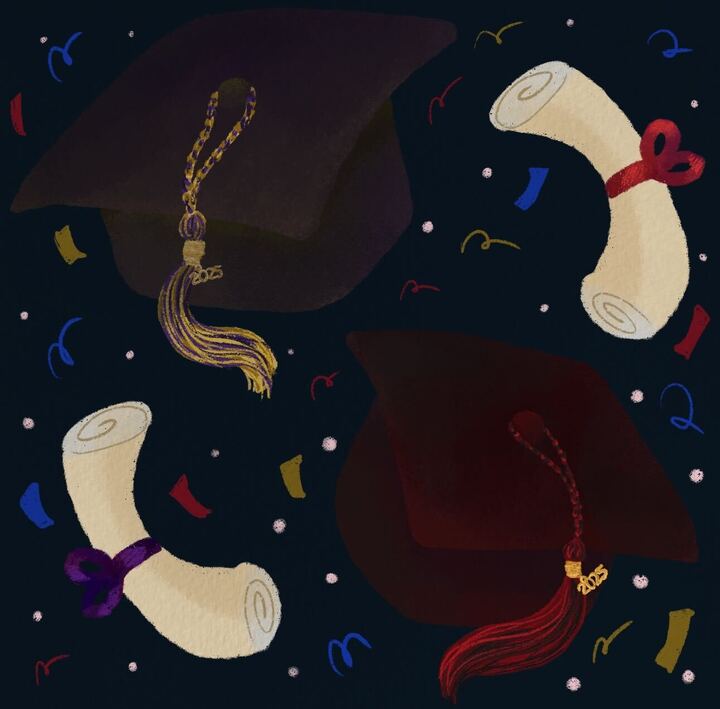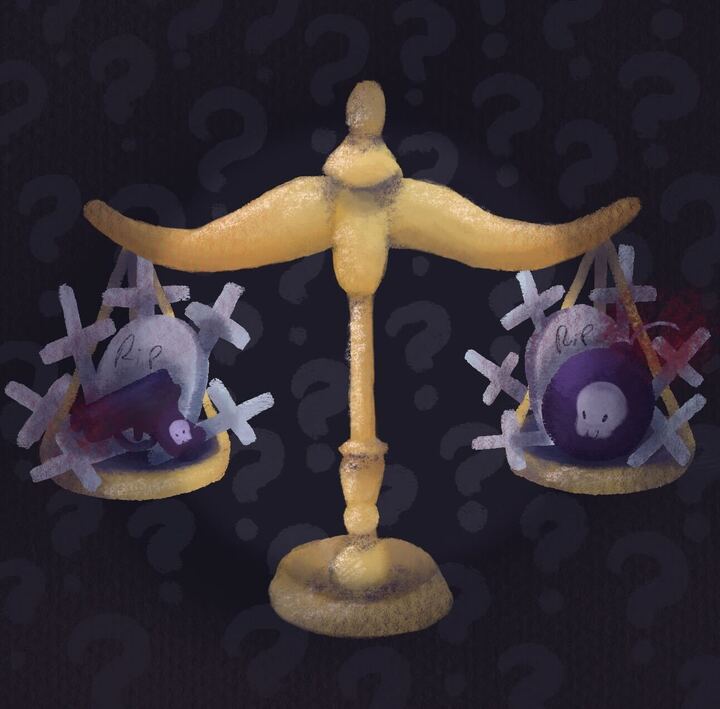D’Ana Spencer

While water is undoubtedly the most important beverage in our lives, drinking it from plastic bottles is a poor choice for our wallets, our bodies and our environment. Due to the rising importance of all of these issues, CSUN should take the first step in insuring their students are water-wise by banning the selling of plastic bottles. By discontinuing the sale of plastic bottles, CSUN will help propel the initiative in educating students about environmental and health consciousness.
While the idea of bottled drinks being unavailable may sound drastic at first glance, it is certainly a decision that would be kind on our wallets. When you purchase bottled water on campus you will pay $1.50 per bottle. Buy more than one bottle (eight glasses a day, remember!) and you may find yourself spending up to $4.00 per day. If you stick to this routine for a month, even if you are only on campus three days a week, you have already spent almost $48.00 on bottled drinks. If your budget looks anything like mine, spending that much on any beverage is an unaffordable luxury.
Moreover, students need to be aware the water they are paying for bottled is no more pure than that of our local tap. In fact, according to a report in the May 2010 issue of Body&Soul Magazine (now Whole Living), the Environmental Working Group estimated that not only is bottled water no safer than tap, but “25 percent of bottled water is tap water” and “the manufacturing and disposal of those billions of plastic bottles also creates considerable pollution that contaminates drinking water even more.” So, why pay for bottled tap water when CSUN has many alternatives already in place?
Once CSUN bans the selling of bottled drinks the issue of convenience may arise. Needless to say, our campus is adorned with filtered water fountains in every building and in highly populated campus areas. Fountain drinks and aluminum cans are an easy alternative for the vending machines. Also, fresh filtered water is available anywhere that fountain drinks are served on campus.
For greater convenience, CSUN has implemented the use of the water bottle refill station which is designed much like the lever you push on a fridge to dispense fresh water. This station, located in the lobby of the University Student Union, makes refilling reusable water bottles quick and satisfying. According to the USU website, “On average 60 million water bottles get thrown away in the United States a day. Help reduce this by reusing your water bottles.”
The importance of using “safe” reusable bottles has been highlighted in recent medical studies, which found that a chemical called Bisphenol A (BPA), used to make plastic, contains “synthetic estrogen” and “was found in 93 percent of Americans tested by the Center of Disease Control (and Prevention)”. This chemical leaks out of the lining of plastic water bottles and even a small amount of exposure to this substance is harmful. Reusing plastic water bottles worsens exposure. BPA causes “disruption of the endocrine system (and) triggers a wide variety of disorders, including chromosomal and reproductive system abnormalities, cancer, cardiovascular system damage, adult-onset diabetes, obesity and resistance to chemotherapy,” according to an article on Examiner.com.
For the price of buying bottled drinks everyday for one week, you could purchase a swanky reusable BPA-free bottle that is ideal for refilling. If you don’t already have one, surely you have seen them in many varieties among peers and campus staff. Even CSUN’s bookstore has several choices of safe and reusable water holders that are sure to gain more popularity once plastic water bottles are discontinued on campus.





